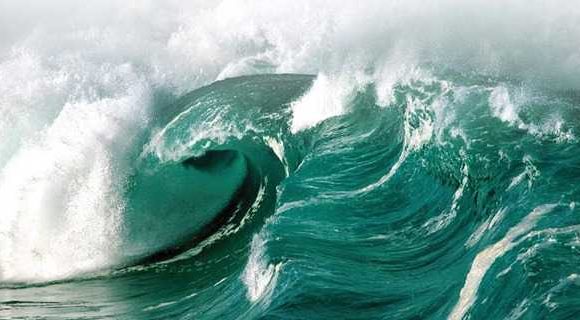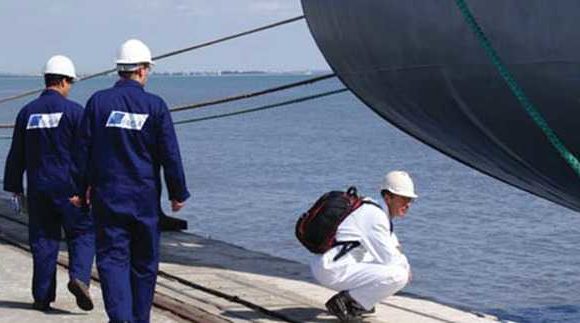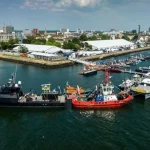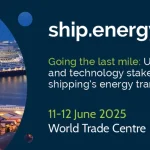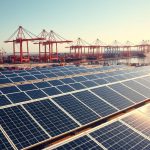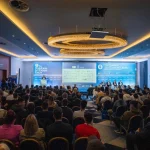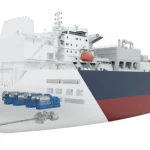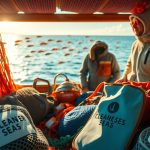A Call for Essential Maritime Waste-Management Training
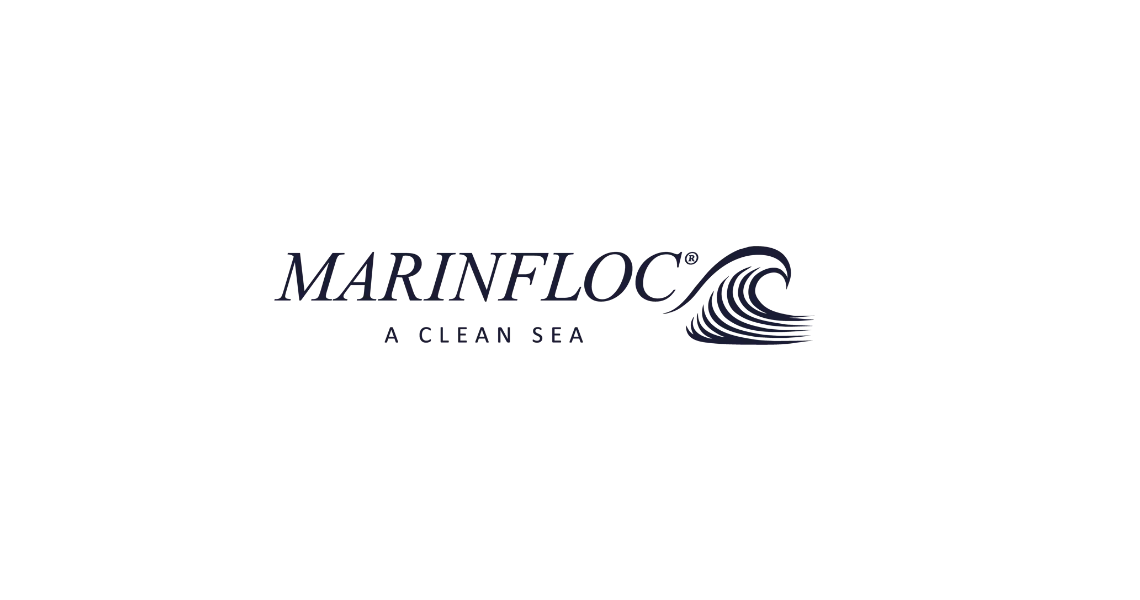
By Benny Carlson, Co-Founder of Marinfloc
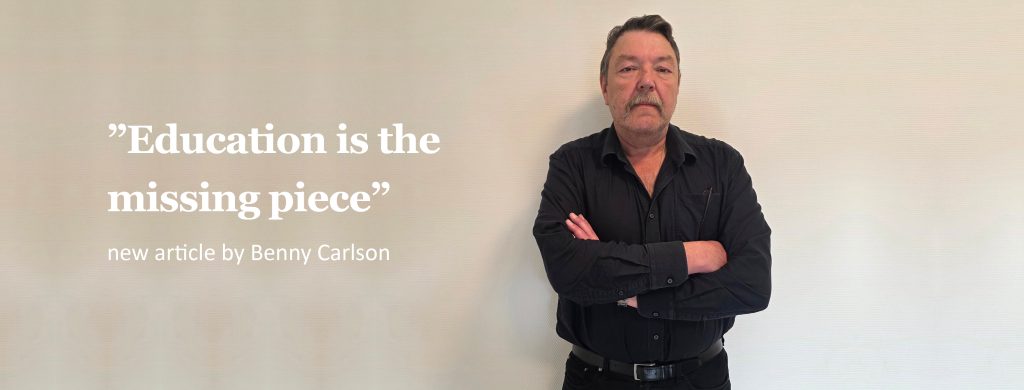
Article for Debate
In my 30 years in the industry, I have witnessed firsthand how waste handling on ships remains one of the most underestimated challenges in maritime operations. The problem is not a lack of care—officers and crew members do not want to pollute the oceans. We have previously written about regulatory shortfalls, substandard products, and poor onboard culture as contributing factors to the waste management issues we see today. However, at the core of all these problems is a fundamental lack of knowledge and training. While sufficient solutions exist on the market today, without a clear understanding of the underlying principles, it becomes nearly impossible to distinguish between effective and ineffective ones. Additionally, without knowledge of chemical processes, environmental impacts, and regulatory constraints, personnel risk making decisions that inadvertently lead to pollution. How can we expect someone to manage waste treatment processes that, on land, would require specialized education, if they themselves have never received proper training?
It is time to address this shortfall with a mandatory waste-handling training program for all maritime officers. This foundational course must be followed up with a refresher at least every five years, much like Advanced Firefighting training. Without it, we cannot expect ship crews to understand the complexities of waste management, evolving regulations, or new waste streams generated by modern fuels and onboard systems.
The Knowledge Gap That Leads to Pollution
Most pollution at sea does not happen because someone intentionally ignores the rules. Instead, officers and crew face practical challenges they do not have the training to handle. They take action based on what seems reasonable at the time, unaware of the environmental consequences. When waste-management mistakes happen repeatedly, it leads to a culture of resignation—“It doesn’t matter what we do; nothing works.”
This must change. Crews need education, not just stricter rules and more oversight. Without understanding how waste-handling systems work, even the best-designed regulations and equipment will fail in practice.
Training That Pays Off
One key advantage we have seen at Marinfloc from educating ship crews is that proper waste-management training does not only lead to better environmental compliance—it also improves operational efficiency and reduces costs. Vessels where crews receive structured training show measurable improvements in waste handling, reducing inefficiencies that often lead to unnecessary expenses.
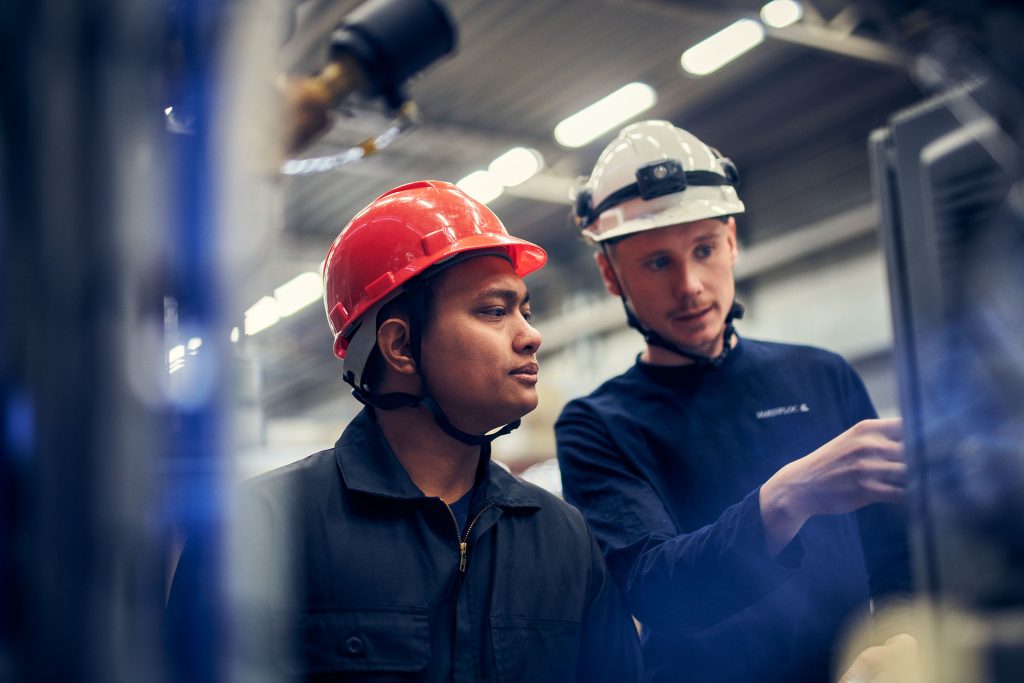
A Training Program That Matches Reality
The reality is that many ships today are operating with outdated or suboptimal equipment. The industry is not full of cutting-edge waste-processing systems—far from it. Training must reflect the conditions officers and crew actually work with, not an idealized vision of state-of-the-art technology.
Basic Waste-Handling Training: A required course for all officers, covering essential waste streams, international regulations (such as MARPOL), and how onboard waste-processing equipment functions in real conditions.
Mandatory Refresher Every Five Years: This course will ensure that officers stay up to date with regulatory changes, evolving waste-management practices, and improved methods for pollution prevention.
Moving Beyond Regulations: Building Awareness and Responsibility
Regulations alone will never solve this issue. Rules change, technologies evolve, and enforcement can only go so far. What we truly need is awareness and responsibility among officers and crew. This starts with education. If crews understand not just what they need to do, but why it matters, compliance becomes a natural outcome rather than an imposed obligation.
Addressing the Full Scope of Waste Streams
A well-structured training program should cover the many waste streams onboard, each requiring careful documentation in logbooks:
- Oil Record Book: Managing oily waste, understanding chemical interactions, and sludge disposal.
- Incinerator Record Book: Proper incineration procedures and required documentation.
- Sewage Record Book: Handling sewage safely and minimizing risks such as H2S formation.
- Scrubber and EGR Record Books: Managing and documenting byproducts from exhaust-gas cleaning systems.
- Garbage and Food Waste Record Books: Complying with disposal regulations for solid and food waste, both at sea and onshore
Keeping Pace with Change
The maritime industry is evolving rapidly, with new fuels, chemicals, and waste streams emerging regularly. Without structured, recurring training, crews cannot keep up. It is not enough to conclude regulatory texts with vague training requirements like those found in MEPC 107(49):
Training
Ship staff training should include familiarization in the operation and maintenance of the equipment.
We need more than basic familiarity—we need expertise. Every time new equipment is introduced, a mandatory risk assessment should be conducted to evaluate its impact on waste management.
Conclusion: Knowledge is the Key to Cleaner Oceans
If we truly want to prevent maritime pollution, we must stop assuming that ship crews will “figure it out” on their own. Education is the missing piece.
By implementing a structured waste-handling training program—reinforced by a mandatory refresher every five years—we can ensure that ship officers and crew are not just blindly following rules but making informed, responsible decisions. This will not only protect the marine environment but also By implementing a structured waste-handling training program—reinforced by a mandatory refresher every five years—we can ensure that ship officers and crew are not just blindly following rules but making informed, responsible decisions. This will not only protect the marine environment but also, as we have seen with the customers we educate, lead to greater efficiency and lower operating costs.
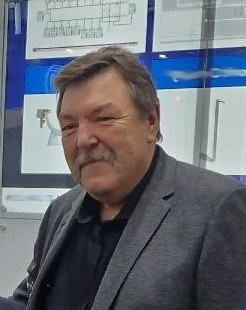
Benny Carlson, Co-Founder
Marinfloc, A Clean Sea
Press contact Marinfloc: Maria Lien, +46 (0)702552666
maria.lien@marinfloc.com – www.marinfloc.com


